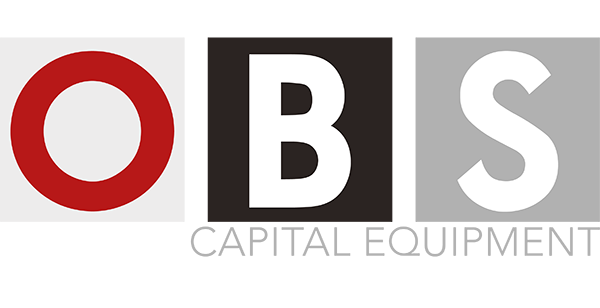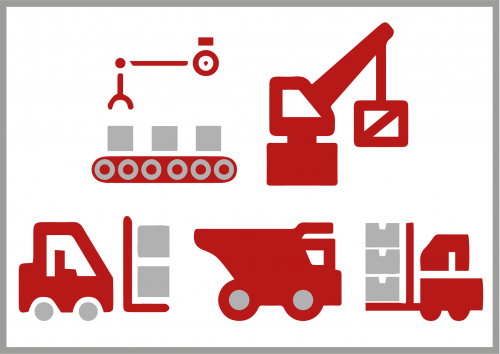To succeed in material handling or capital equipment selling requires the development of skills, techniques and knowledge in 6 key areas:
1. PRODUCT KNOWLEDGE
This is the most traditional sales knowledge for material handling equipment salespeople. It involves models, features, application information, specifications, competitive comparisons and details about “the stuff.” The danger here is that salespeople sometimes believe product knowledge does the selling. “This stuff sells itself” becomes the cry of some salespeople when new models are introduced with the latest features. No it doesn’t. Product knowledge is only the basic starting point for material handling salespeople. Providing product knowledge training is primarily the responsibility of manufacturers and suppliers of the equipment.
2. TIME MANAGEMENT & PERSONAL ORGANISATION
Managing time and organising to sell are critical skills. Many companies incorporate time & organisational tools with database management, customer relationship management (CRM) systems, master calendaring and other systems. As such, salespeople should coordinate their training in this area with their employer, whilst at the same time develop and follow their own personal plans, usually based on a sales target and the activities required to achieve and exceed that target.
3. EMPLOYER-SPECIFIC KNOWLEDGE
In material handling, the success of the salesperson is tied closely to how well he utilises the resources of his own employer. Time should be spent understanding the employer’s strengths, procedures, working relationships, customer service response mechanisms and more. Material handling salespeople need to know who they can go to in their own organisation to get things done, to get pricing on specials, obtain information for proposals, process orders, expedite orders, solve customer service issues, get IT help, etc.
4. SALES TECHNOLOGY
Material handling salespeople must quickly become competent and fluent in all relevant technologies that apply to their specific sales situation. This can include laptops, voicemail, email, online training, digital order processing, calendaring, database management, customer relationship management (CRM), product configurators, online order status reports & management, business system interfaces and supplier & customer electronic interfaces.
5. INDUSTRIAL GEOGRAPHY
Material handling salespeople must orient themselves to the “who and where” of the customers most likely to be high-potential prospects for their products and services. Questions to be answered include:
- Which personnel should be targeted for initial approach?
- What is the physical industrial geography of the assigned area of responsibility?
- What customer & prospect history & database information already exists?
In other words, salespeople must be able to know where to get answers to the big question “Who and where are all the customers?”
6. SALES PROCESS TRAINING & MODEL
This is training in “what it takes” to create sales in the material handling or capital equipment environment.
Selling is a profession. As with other professions, there is a body of knowledge that forms the structure of techniques and skills that are most effective. These skills and techniques are practised in customised ways by individuals with differing levels of effectiveness based on:
- Their knowledge and practice of these skills and techniques
- The unique talents they bring to the profession
- Their circumstances
- Their work ethic
One method of providing the structure to help sales professionals develop their sales skills and techniques in an organised manner is to consistently work with a sales model. Sales models include:
- An understanding of the characteristics of a specific sales situation. In this instance, business-to-business sales of capital equipment or material handling equipment
- A sales philosophy. Examples could include “Nobody beats our price” or “Our products are the best, the BMW of the industry” or “An appropriate sales model has ‘The Customer’ as its focus”
- Consistent sales approach
- Good sales language
- A memory tool such as a diagram showing a clear sales process flow
- Sales techniques & tools effective in specific sales environments
Following a sales model specifically helps capital equipment sales professionals identify, learn and practise key skills and techniques for their unique sales environment, that is, the business-to-business selling of capital equipment.
DOWNLOAD THE FULL ARTICLE AND MORE HERE.

